
ITV1
Featured Show:
Selling Hitler
Based on the book by Robert Harris, this is a comic-dramatisation of the true story of the one of the most famous forgery cases in the world, the infamous 'Hitler Diaries' of the early 1980s. Jonathan Pryce stars as the German journalist Gerd Heidemann who convinces himself that he has discovered a set of secret diaries written by the leader of the Third Reich and tries to convince the world, making a fortune for himself in the process.
ITV1 TV Shows
2025 shows • Page 54 of 102
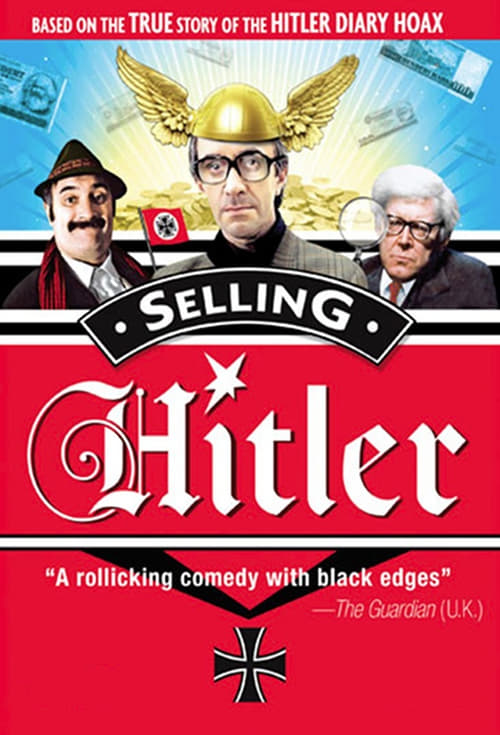
Selling Hitler
Based on the book by Robert Harris, this is a comic-dramatisation of the true story of the one of the most famous forgery cases in the world, the infamous 'Hitler Diaries' of the early 1980s. Jonathan Pryce stars as the German journalist Gerd Heidemann who convinces himself that he has discovered a set of secret diaries written by the leader of the Third Reich and tries to convince the world, making a fortune for himself in the process.
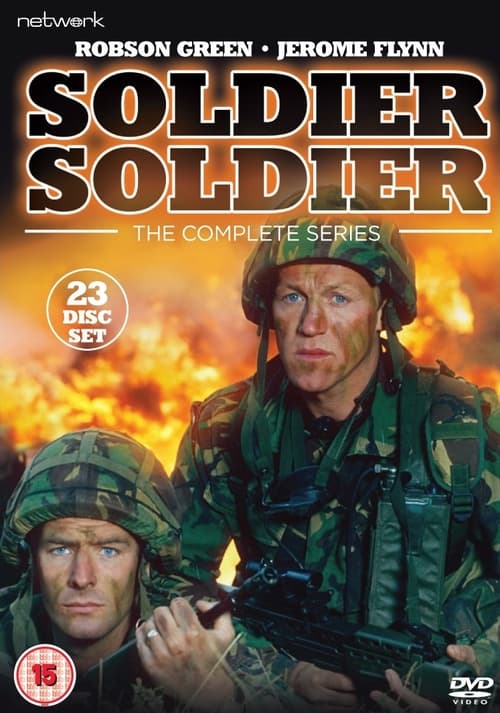
Soldier Soldier
The daily lives of a group of soldiers in 'B' Company, 1st Battalion The King's Fusiliers.
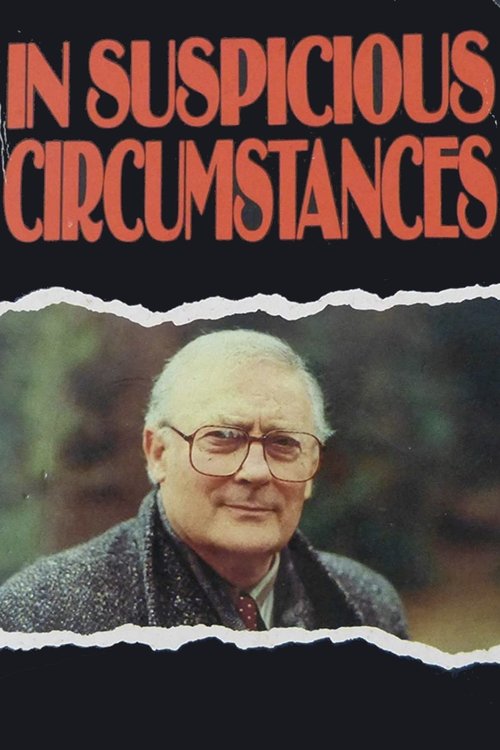
In Suspicious Circumstances
A series of murders from all periods introduced by Edward Woodward
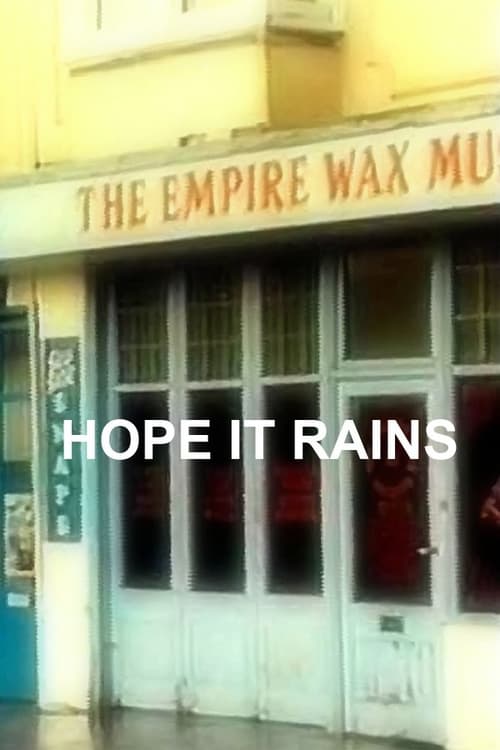
Hope It Rains
After the deaths of her parents, Jace moves in with her godfather Harry, who runs a waxwork museum in a seaside town. He hopes the weather will change for the worse to attract custom.
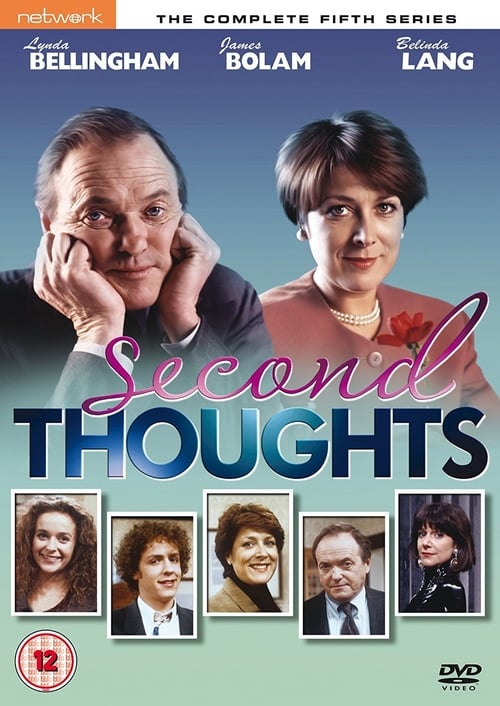
Second Thoughts
Second thoughts is a British sitcom that ran from 3 May 1991 to 14 October 1994. It was broadcast on ITV and made by LWT. It was followed by a sequel, Faith in the future. Second thoughts followed the lives of two middle-aged divorcees, Bill MacGregor and Faith Greyshott, from very different backgrounds trying to develop a relationship, despite the pressures pulling it apart. Second thoughts was based upon the real-life relationship of the writers, husband and wife Jan Etherington and Gavin Petrie. It originally aired as a radio series on BBC Radio 4 broadcast between 1 November 1988 and 23 July 1992. The radio series consisted of four series and a Christmas special broadcast in 1992 with a total of 31 episodes. The radio scripts were used for the television series on ITV. The fifth series was considered weaker than the first four series; it was the only series not to be based on the original radio scripts. Second thoughts ended on 14 October 1994, but has since been repeated on ITV3. The original radio series is often replayed on BBC7.
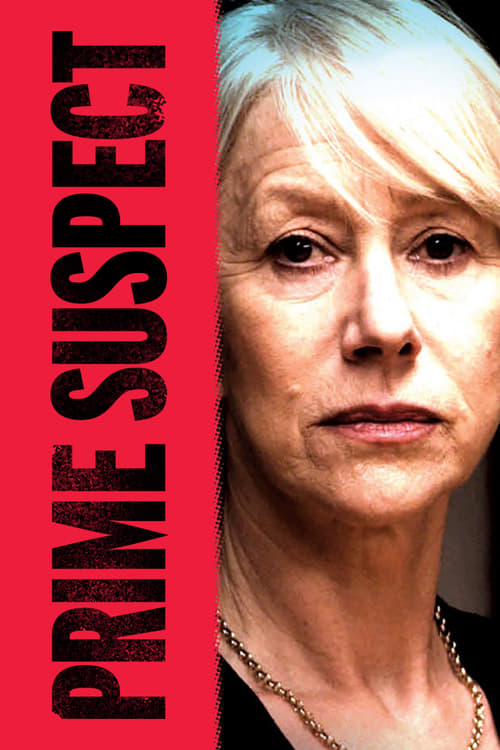
Prime Suspect
Highly skilled Detective Inspector Jane Tennison battles to prove herself in a male dominated world.
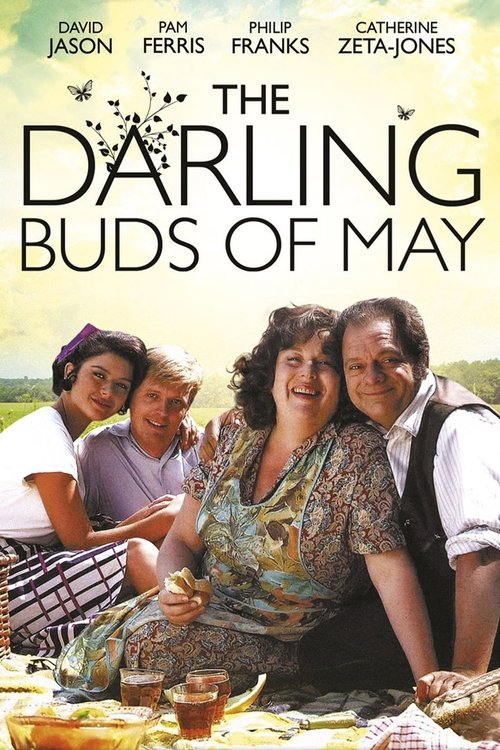
The Darling Buds of May
An idyllic picture of 1950's rural England as seen through the lives of the Larkins, a farm family living in Kent. The show revolves around Pa Larkin, a man of a kind and mischievous nature with a penchant for getting into scrapes and talking his way out of them with equal equanimity; and his daughters, as they deal with growing up and discovering the joys and sorrows of young love.
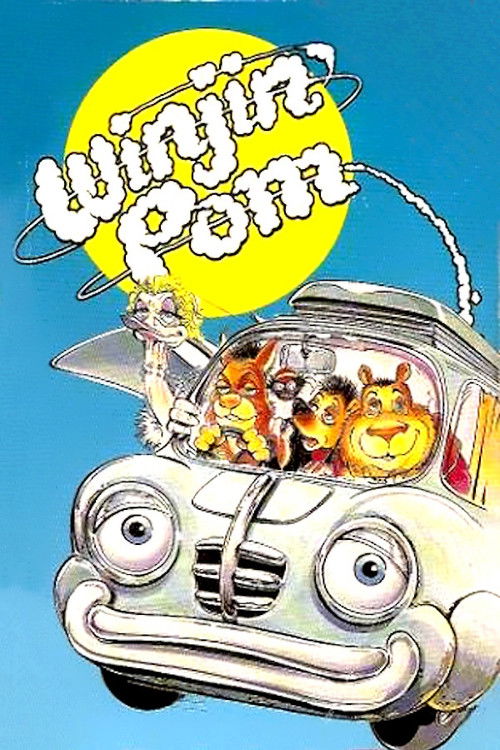
The Winjin Pom
The Winjin' Pom is a television puppet series about a talking British caravan, renowned for his moaning, and five Australians who live and travel in him. The travellers who include Adelaide, Sydney, Bruce, Frazer, and Darwin, are members of the Gullagaloona backpackers club and are on a mission to travel the world. Discovering the caravan near London when lost, the travellers soon find the Winjin' Pom to be one of their biggest allies. A mafia-like team headed by evil Hammond organ playing vulture J.G. Chicago soon discover the caravan's rare ability to speak and decide to hijack it in a sinister plot to make themselves rich. Part of this mafia gang includes two villainous brothers. Ronnie and Reggie relentlessly chase the caravan and follow the backpackers on their travels in an attempt to steal it always of course failing miserably. The Winjin' Pom caravan is famous not only for talking but also for flying, something which occurs several episodes in after a hijack by The Crows. This talking-flying caravan was not seen by many people and the series did not air for long.
 0
0Fiddlers Three
Sitcom following the office politics in an accounts department. A sequel to The Squirrels.
 0
0Cool Head
 0
0Rod 'n' Emu
Rod 'n' Emu was an animated series shown on CITV around 1991. It starred the voices of Rod Hull who created and wrote all the episodes starring as himself, Carol Lee Scott starred as Grotbags and Freddy Stevens as her assistants Croc the crocodile and Redford the robot. This was the last series to feature Hull, Emu and Scott before she starred in her own TV series Grotbags. The show was made by FilmFair for Central Independent Television and thirteen episodes were aired.
 0
0Come Home Charlie and Face Them

Freddie and Max
Maxine Chandler (Anne Bancroft) is a fading Hollywood star who is living in a suite at the Savoy Hotel while she's working in London. She employs a young cockney woman, Freddie Latham (Charlotte Coleman) as her personal assistant. Freddie is an outspoken woman who doesn't hesitate to let Max know about her obvious shortcomings. Max's agent, Malcolm Parkes (Richard Pearson) often echoes Freddie's opinions, though usually much more quietly.
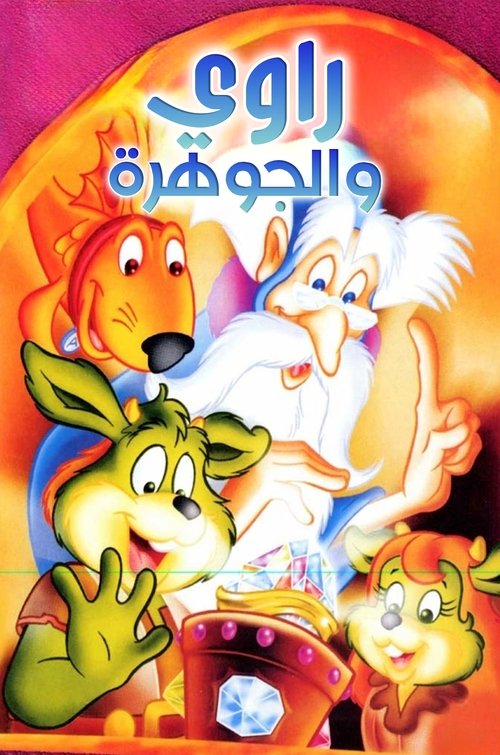
The Dreamstone
The Dreamstone is a British animated television series that ran for 4 series of 13 episodes each between 1990 and 1995. The original concept and artwork were created by Michael Jupp who would later create another cartoon show Bimble's Bucket. The series was produced by FilmFair as a Central production for ITV. In 1996 Filmfair was bought from the Caspian Group by the Canadian company Cinar, then it became Cookie Jar Entertainment, but then it became part of DHX Media. This resulted in DHX's ownership of the first two series, while a company called Dreamstone Productions Ltd. retain the ownership of the third and fourth series. The Dreamstone is set in an alternative world called the 'Sleeping World,' and concerns itself principally with the struggle between good, and evil.
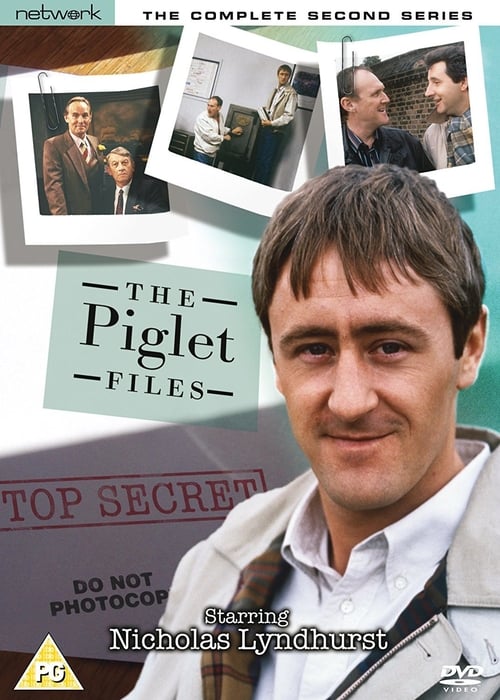
The Piglet Files
The Piglet files is a British espionage satire produced by LWT. The show consisted of three series totalling 21 episodes broadcast from 7 September 1990 to 10 May 1992. The programme follows the life of reluctant MI5 agent Peter 'Piglet' Chapman as he tries to instruct his fellow agents on the finer points of spy gadgetry while keeping his wife Sarah in the dark about his new career.
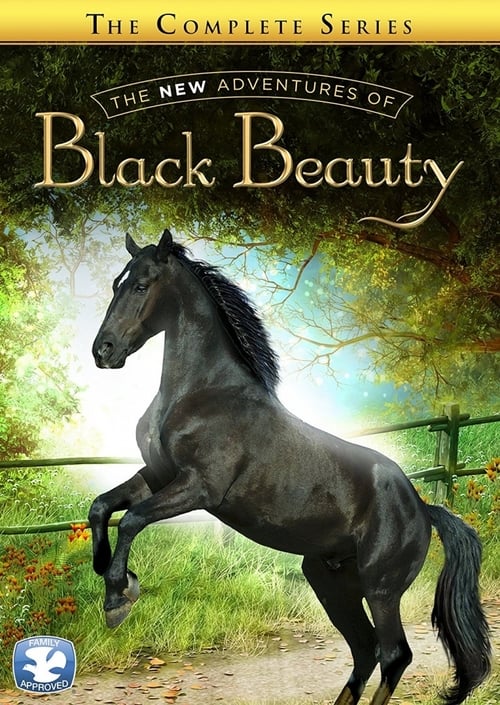
The New Adventures of Black Beauty
The New Adventures of Black Beauty was the title of a television drama series produced in the early 1990s.
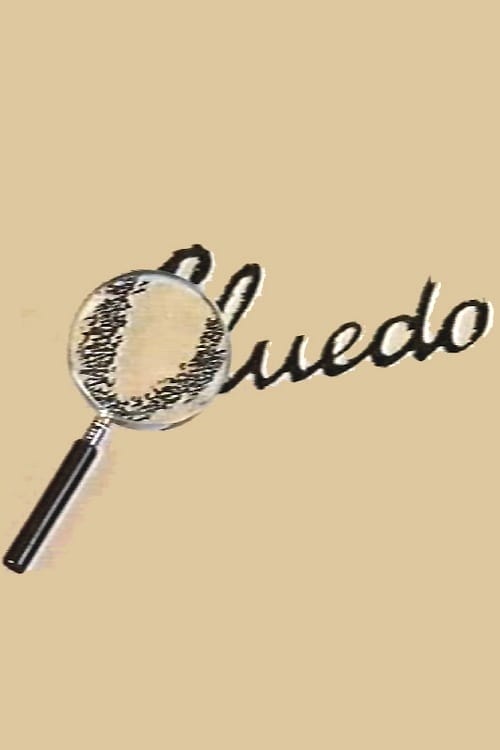
Cluedo
Cluedo was a UK television game show based on the board game of the same name. Each week, a reenactment of the murder at the stately home Arlington Grange of a visiting guest was played and, through a combination of interrogating the suspects and deduction, celebrity guests had to discover who committed the murder, which of six weapons and in which room it was committed, whilst viewers were invited to play along at home.
 0
0Made in Heaven
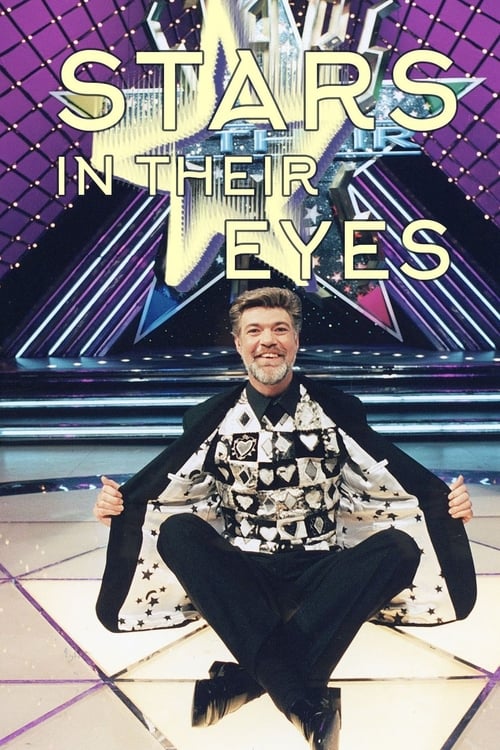
Stars in Their Eyes
Stars in Their Eyes was a British television talent show that ran on Saturday nights from 21 July 1990 until 23 December 2006 in which contestants impersonate showbiz stars. It was produced by Granada for ITV, based on Joop van den Ende's Dutch format, Soundmixshow. It remains one of Britain's most successful shows attracting around 13 million viewers for the live grand final at the end of each series. It has one of the most memorable catchphrases in TV history: 'Tonight, I'm going to be...' and was named most popular entertainment show at the National Television Awards in 1996, 1998, 1999 and 2000. The most impersonated stars are Elvis Presley, Cliff Richard, Cher, George Michael, Celine Dion, Kylie Minogue and Madonna.
 0
0ITV News Anglia
ITV News Anglia is a regional television news and current affairs programme, produced by ITV Anglia, serving the East of England.